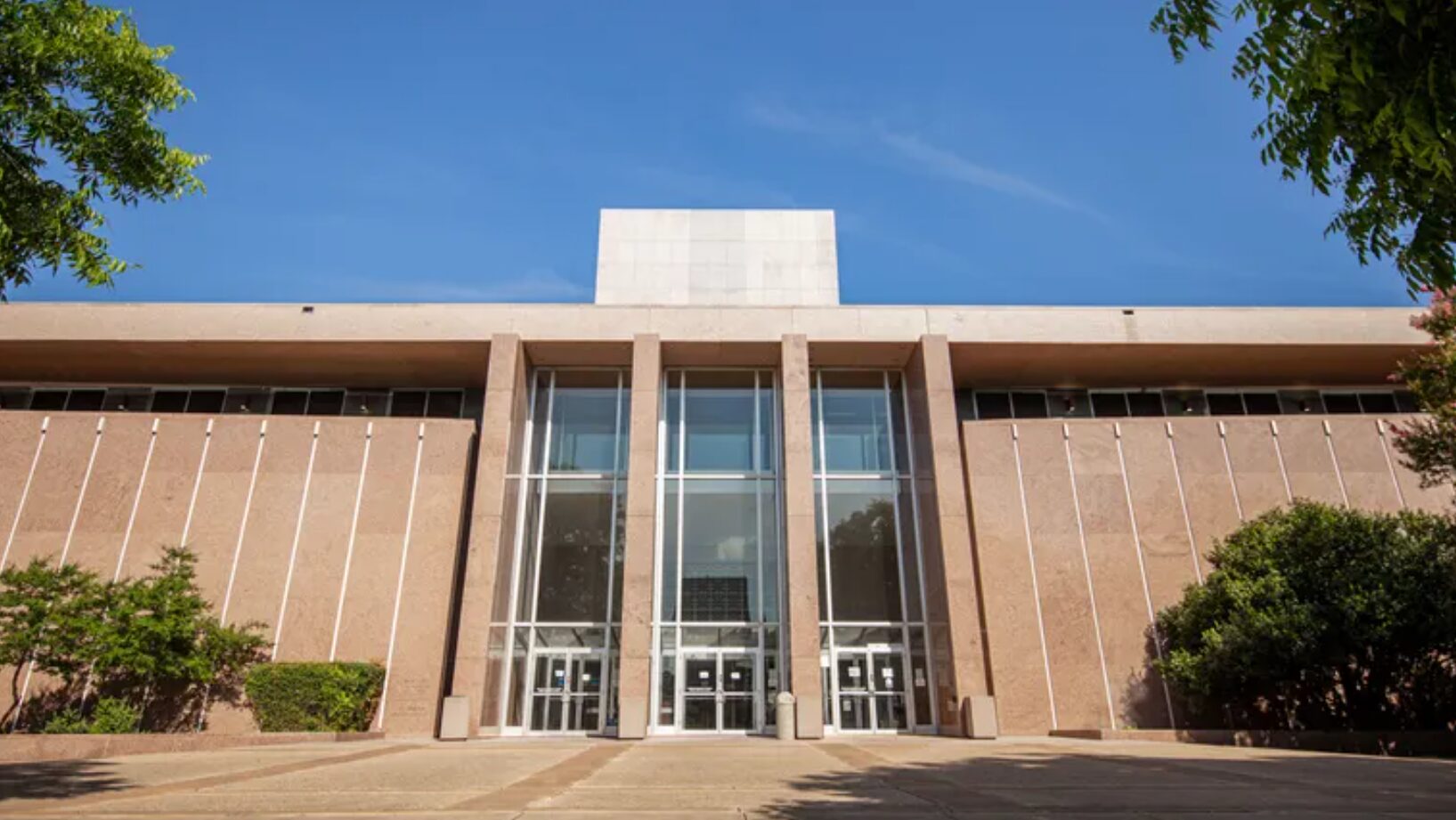URGENT UPDATE: The Texas Supreme Court has just granted judges the power to refuse to perform wedding ceremonies, including same-sex marriages, based on personal religious beliefs. This controversial ruling raises significant questions about the constitutional rights of same-sex couples in Texas.
According to constitutional law expert David Coale, while this change does not explicitly hinder same-sex couples from finding judges to officiate their weddings, it does pose potential challenges to the U.S. Constitutional right of equal protection under the law. The new judicial conduct code, which went into effect immediately, states, “It is not a violation of these canons for a judge to publicly refrain from performing a wedding based upon a sincerely held religious belief.”
This shift comes in the wake of a previous case in Central Texas where a judge faced disciplinary action for opting out of officiating same-sex weddings. Coale asserts that the implications of this ruling could resonate deeply, considering its connection to landmark cases like Obergefell vs. Hodges, which affirmed the fundamental right of same-sex couples to marry.
Coale emphasized, “Are we really comfortable with that?” pointing to the potential for couples to face delays or additional hurdles in securing a judge willing to marry them. He believes that while the Obergefell ruling rests on principles of equal protection and due process, the new religious exemptions could complicate the landscape for same-sex marriages.
This decision by the Texas Supreme Court coincides with increasing political tension surrounding LGBTQ+ rights in the state. Earlier this month, Gov. Greg Abbott announced that all political ideologies, including symbols of the Pride community like rainbow crosswalks, must be removed from public roadways—a move viewed by many as a direct attack on LGBTQ+ visibility.
Coale’s insights highlight the gravity of this ruling. “Even a relatively trivial distinction based on sexual orientation raises serious questions about fundamental rights like marriage,” he noted. The implications may extend beyond Texas, as the Supreme Court of the United States (SCOTUS) is currently considering whether to hear challenges related to same-sex marriage, including a notable case from Kentucky involving a county clerk’s refusal to issue marriage licenses due to her religious beliefs.
As the situation develops, same-sex couples in Texas are urged to stay informed and prepared for possible changes in the legal landscape surrounding marriage rights. The ramifications of this ruling could shape the future of LGBTQ+ rights not only in Texas but also across the nation.
Stay tuned for updates on this critical issue as we monitor the ongoing developments in Texas and beyond.







